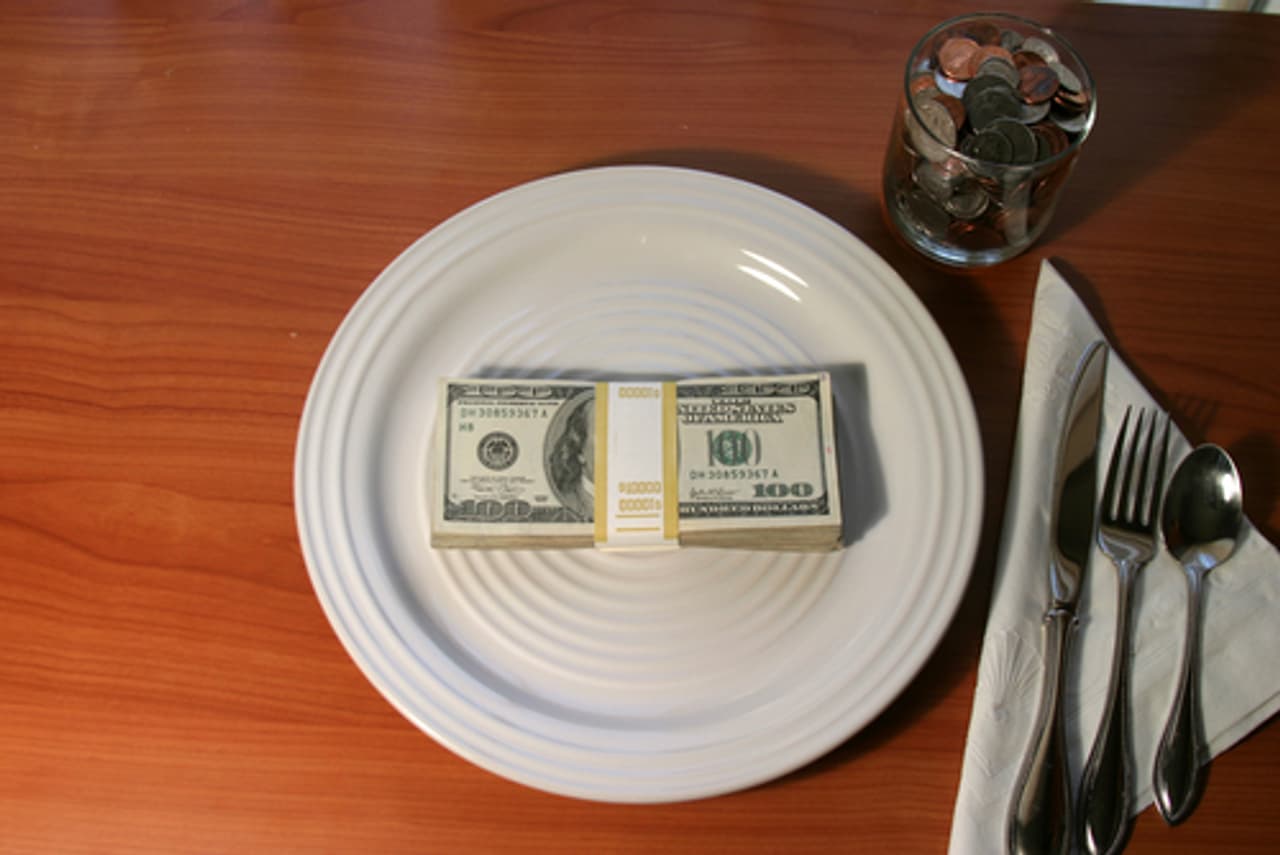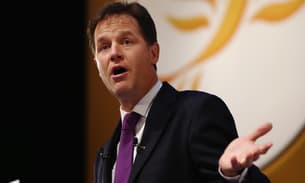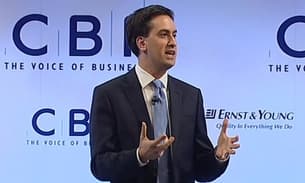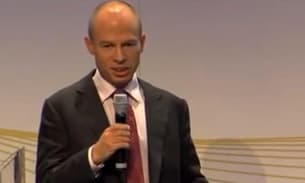
Four things you need to know about the rules on political fundraising
In the UK, donations to political parties are strictly regulated by the Electoral Commission and must be assessed and reported by any party that receives them.
Donations can be collected at both a local and national level. The three main political parties have several hundred ‘local accounting units’ spread across the country that feed into central funds.
All these bodies have a treasurer responsible for ensuring donations comply with the Political Parties, Elections and Referendums Act 2000. It is an offence for a donor to misrepresent information about a donation, but party treasurers hold the ultimate responsibility for making sure donors and donations are compliant with the law and appropriately recorded.
1. What counts as a donation?
All gifts including cash, goods or services worth over £500 must be declared to the Electoral Commission, but not published. Anything worth less than £500 is not declarable.
All donations from a single source to the central party amounting to more than £7,500 in a year have to be entered onto a public donation register published quarterly on the Electoral Commission website.
Buying a ticket for an event is classed as a cash donation. Tickets to last year’s Conservative summer party cost £400 for a standard ticket and £1,000 for a premium ticket. Therefore, all premium tickets would probably have been classed as donations. Paying a winning bid in an auction is also considered a cash donation and declarable.
Auction and raffle prizes are considered goods and need to be valued (see below) and declared if their value is higher than the declarable threshold.
2. Who can make donations?
Anyone registered on the UK electoral roll can make a donation. This includes anyone from the EU or a Commonwealth nation resident in the UK, as long as they are on the electoral roll.
Companies can also make donations to political parties. They have to be registered with Companies House in the UK, but can be incorporated anywhere in the EU, and they have to be carrying out business in the UK.
Anyone either buying a premium ticket to last year’s event or participating in the auction had to be a ‘permissible donor’.
3. Fundraising dinners
Premium tables at last year’s summer party cost more than £10,000; standard tables cost £4,000. Anybody who bought an entire table would need to be considered a donor. If the cost of the table was over £7,500 this would need to have been recorded on the register held by the Electoral Commission and published on the website. But in considering whether such a donation needs to be declared the donor is allowed to deduct the cost of putting on the event.
So if a table cost £10,000 but the event cost more than £2,500 per table to host, then the individual buying a table would not need to declare the donation unless they had made other donations in that year.
A donor who buys a whole table and is then reimbursed by friends and family for the ticket price would only need to consider their own ticket as a donation. Each individual who buys a ticket, whether directly or through a table host would need to be a permissible donor and consider their payment a donation – if they paid more than £500.
But if a permissible donor has bought a whole table and gives places to friends, it is only the donor that needs to make a declaration – provided the total cost of the table is over £7,500 (the threshold at which a donation needs to be declared).
4. Auction prizes
Auctions can be huge fundraisers for political parties. At the 2013 Conservative summer party, a bronze bust of David Cameron was sold to Alexander Temerko, a Russian businessman resident in the UK, for a reported £90,000.
Examination of the Electoral Commission’s donor register has revealed that the bust was originally valued at £12,000. It was sculpted by Professor Nadey Hakim, a surgeon and long time Conservative supporter.
Buyers must declare all auction wins over £500 to the Electoral Commission. If the profit is over £7,500 then it must be entered onto the public donation register. The Electoral Commission shows Temerko declared a donation of £117,300 a week after the event.
Another artwork, by painter Darren Baker, was also valued at £12,000. According to details published on his agent’s website this sold for £40,000 to an unknown bidder.




